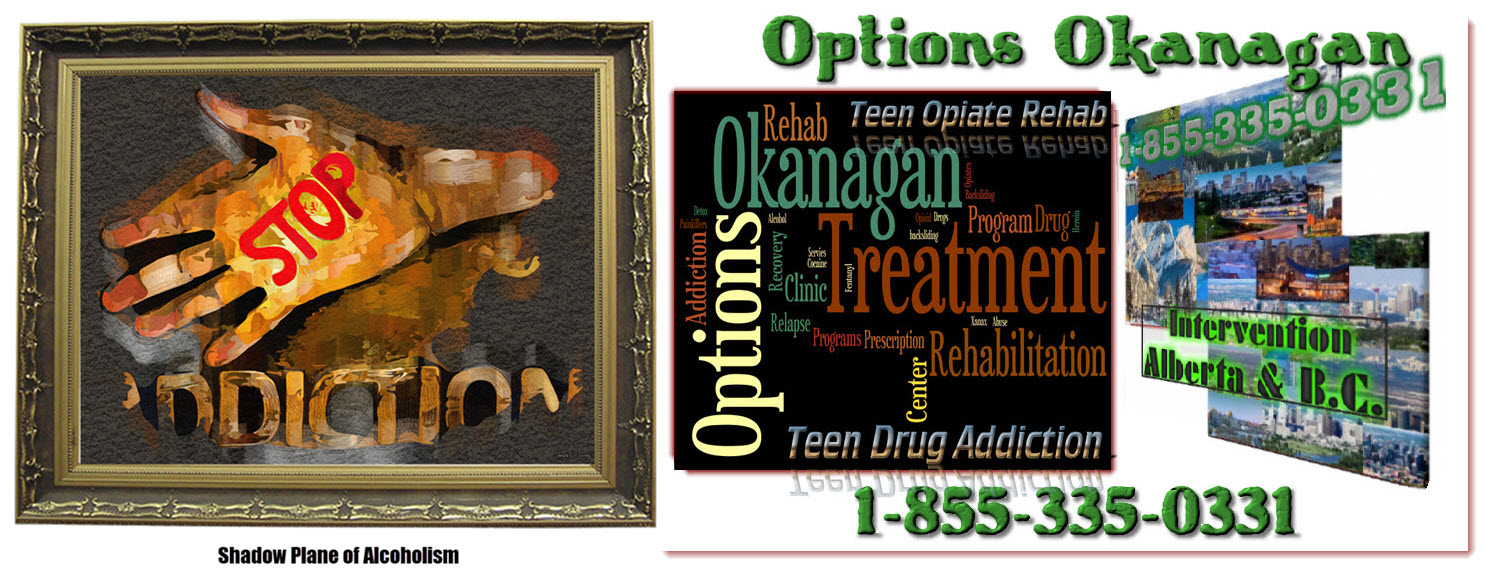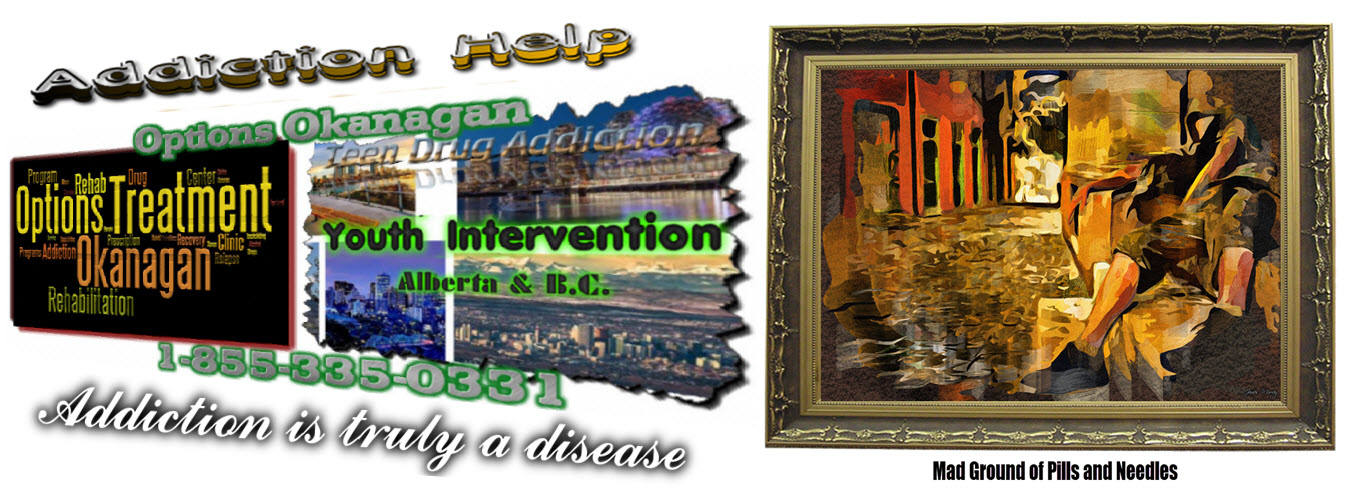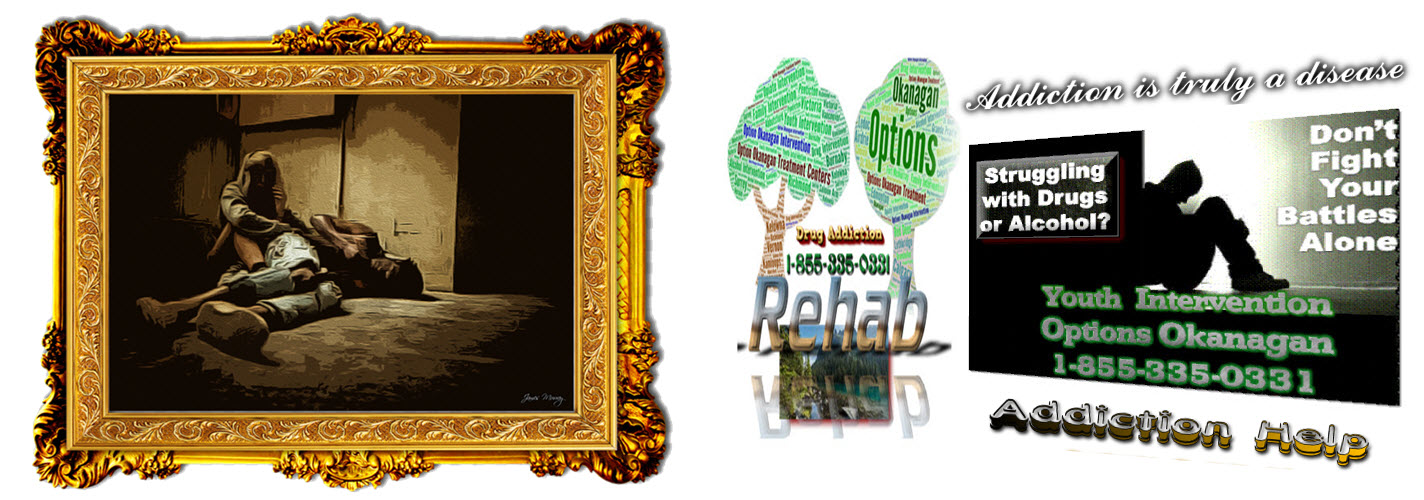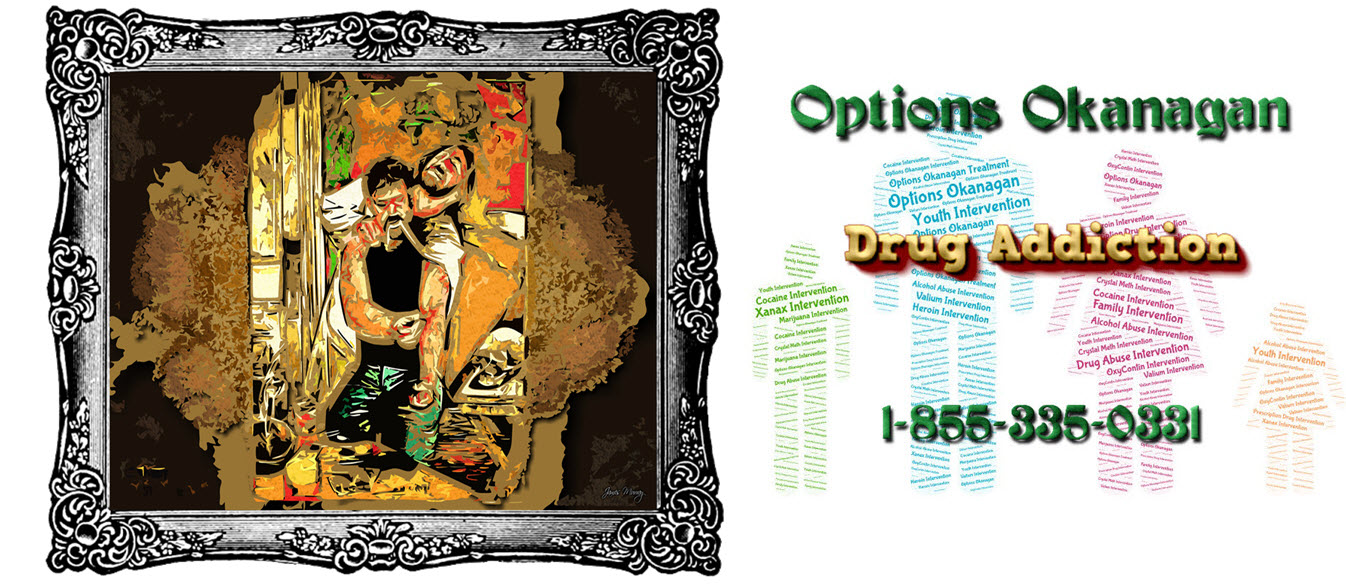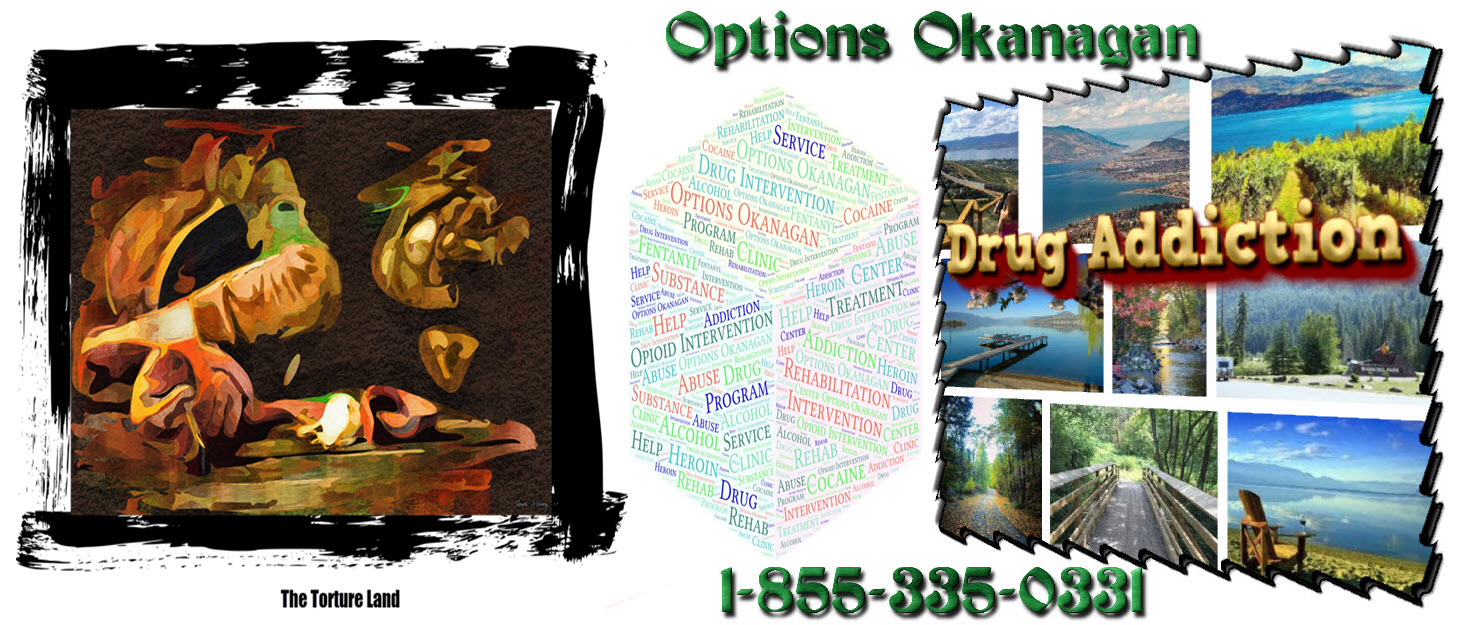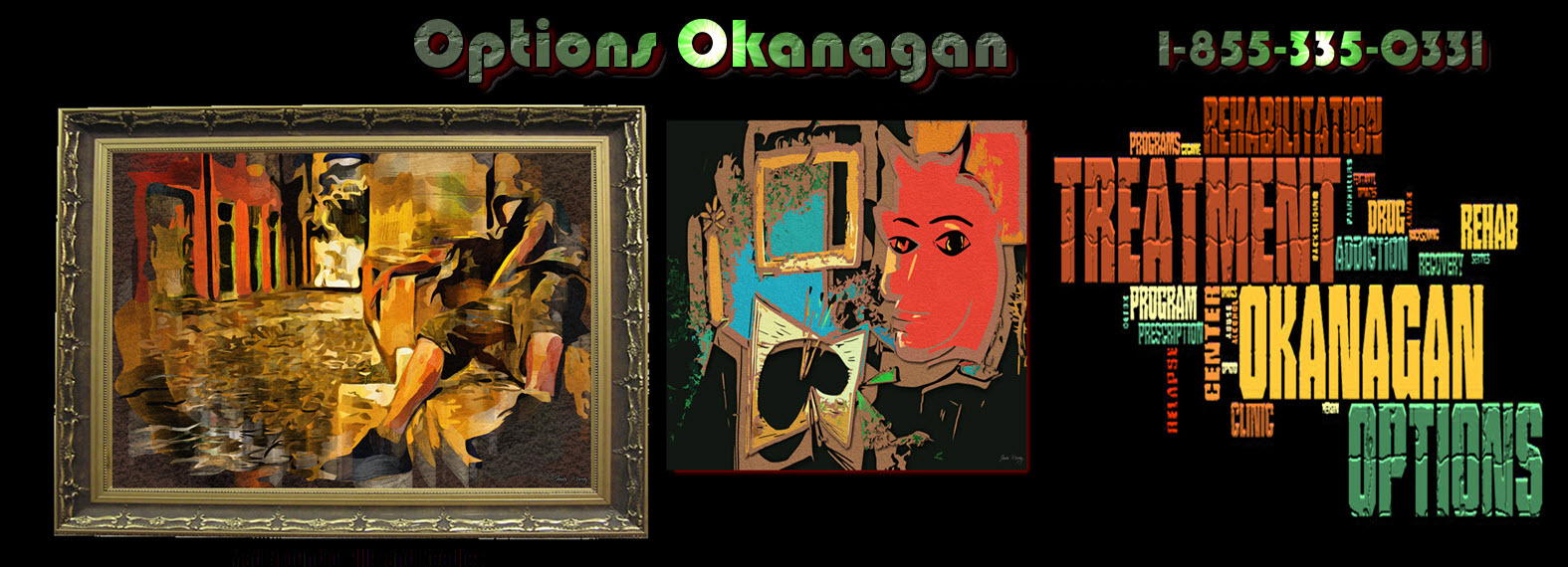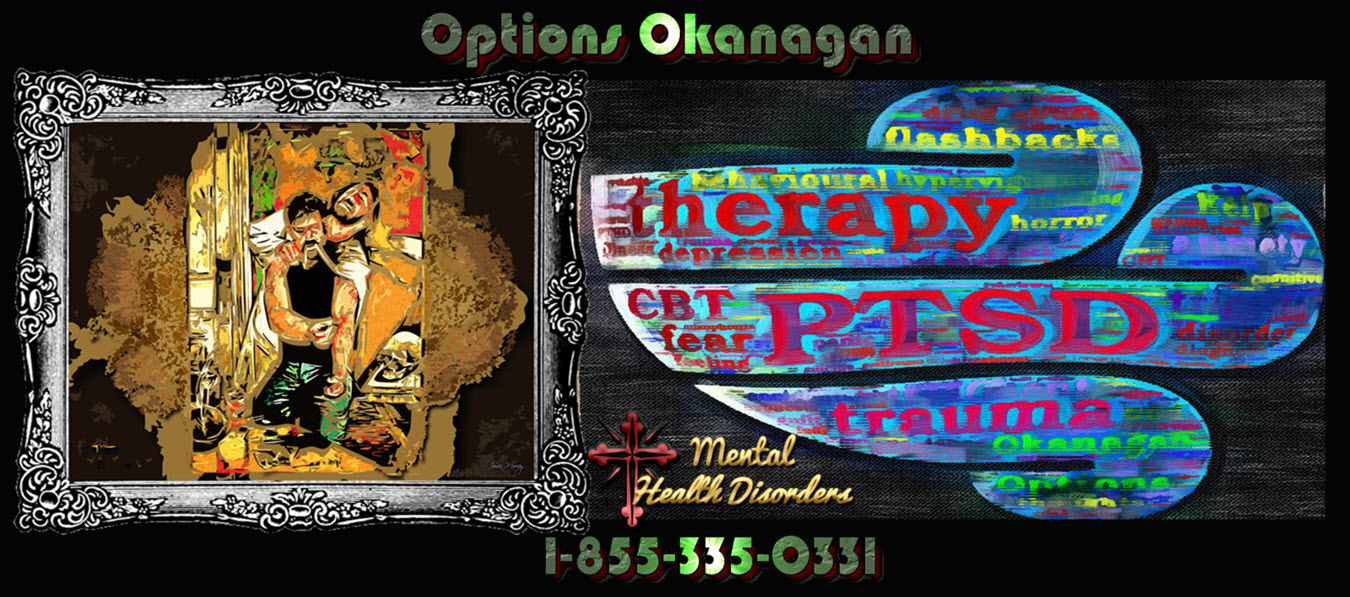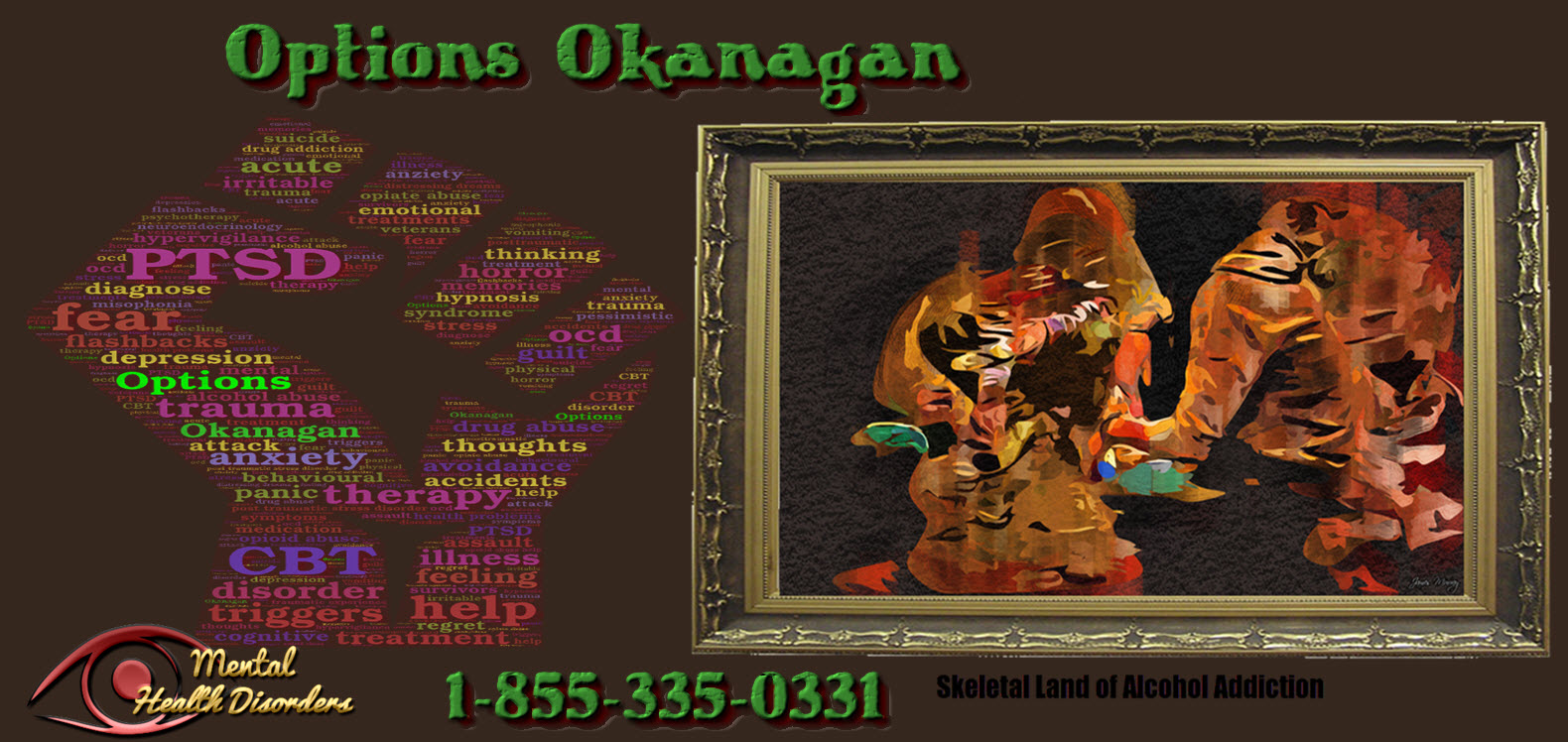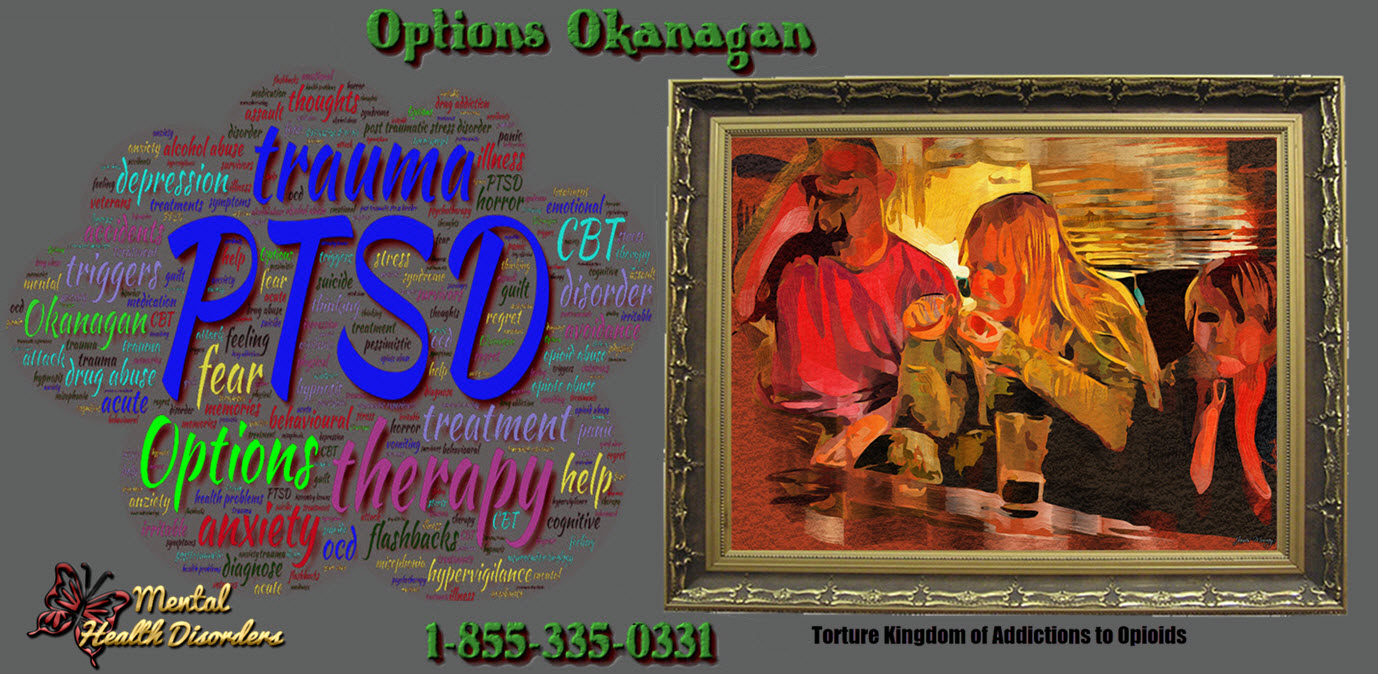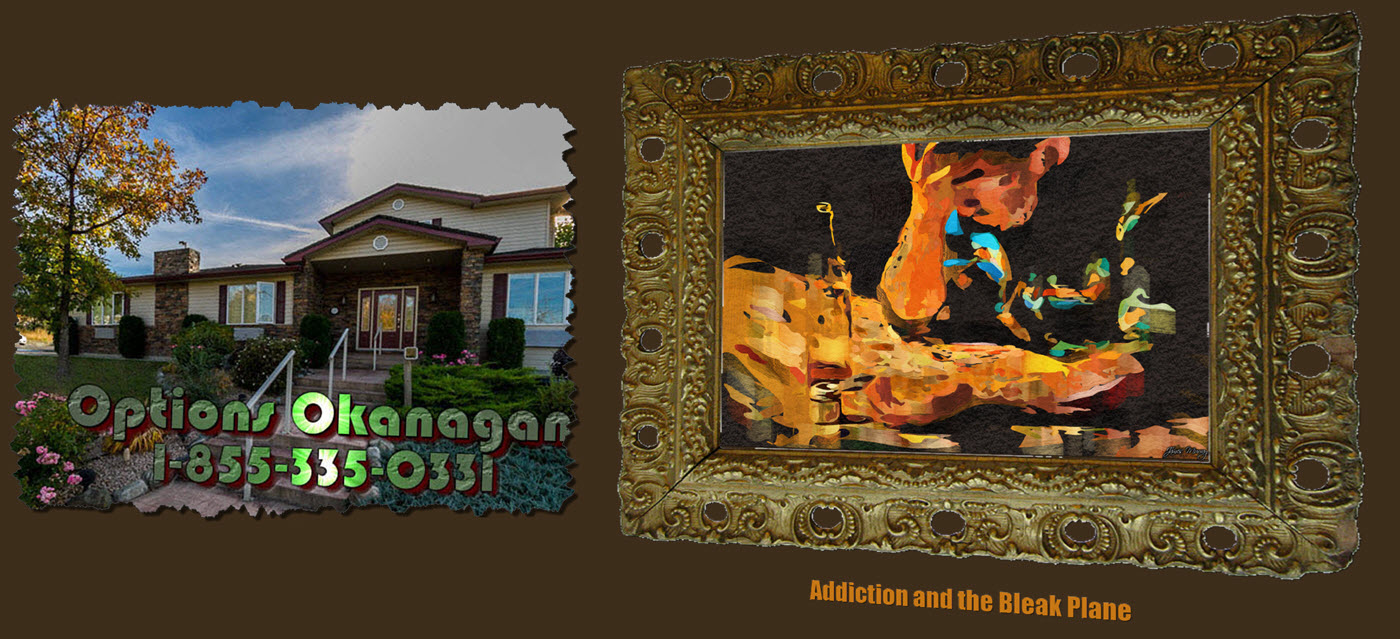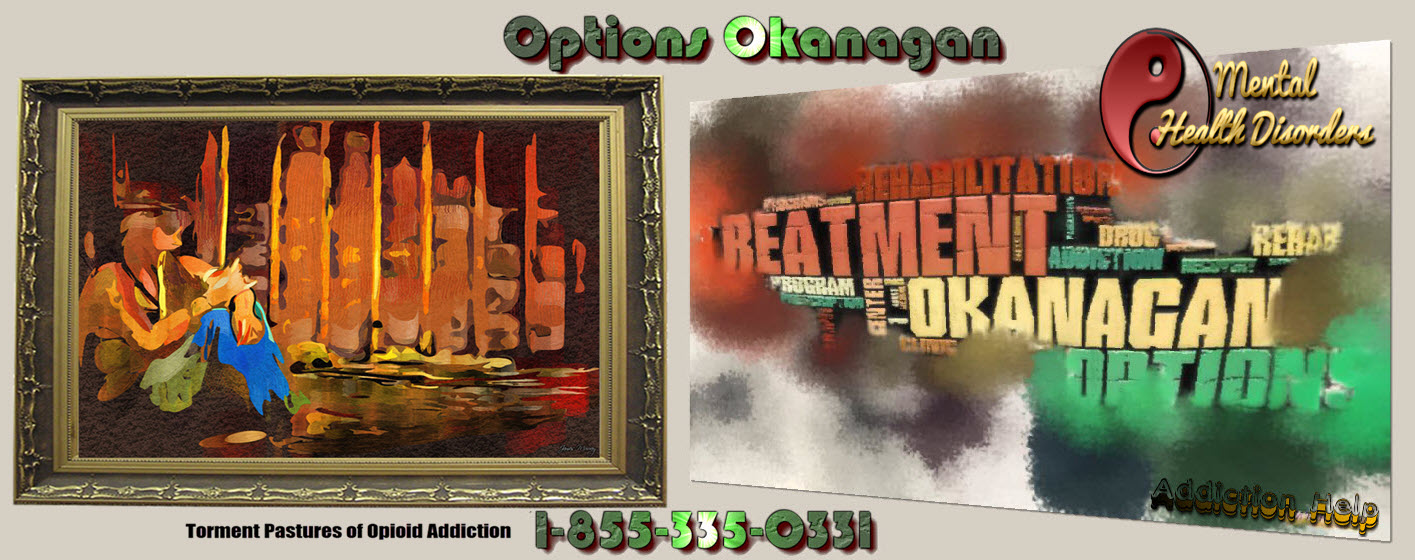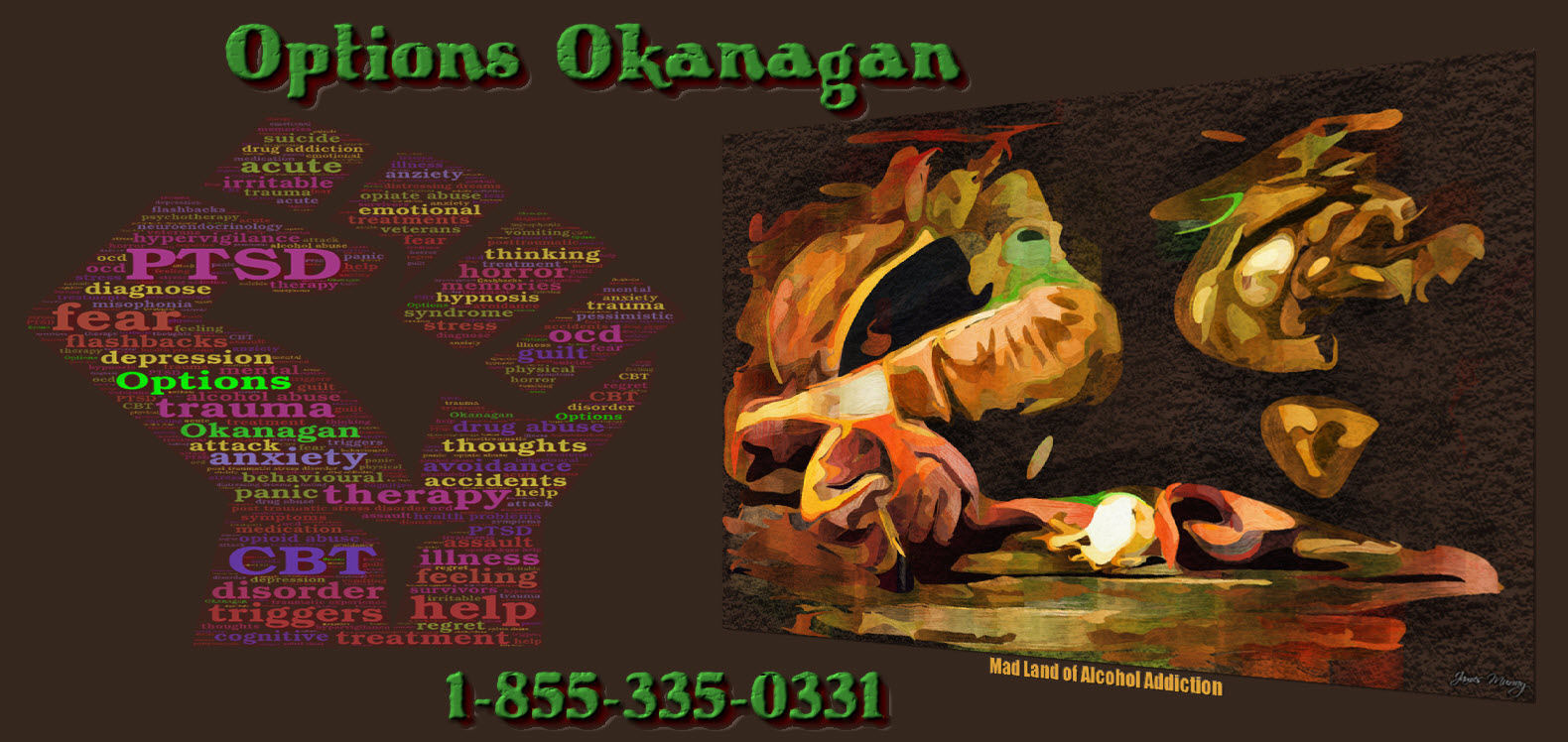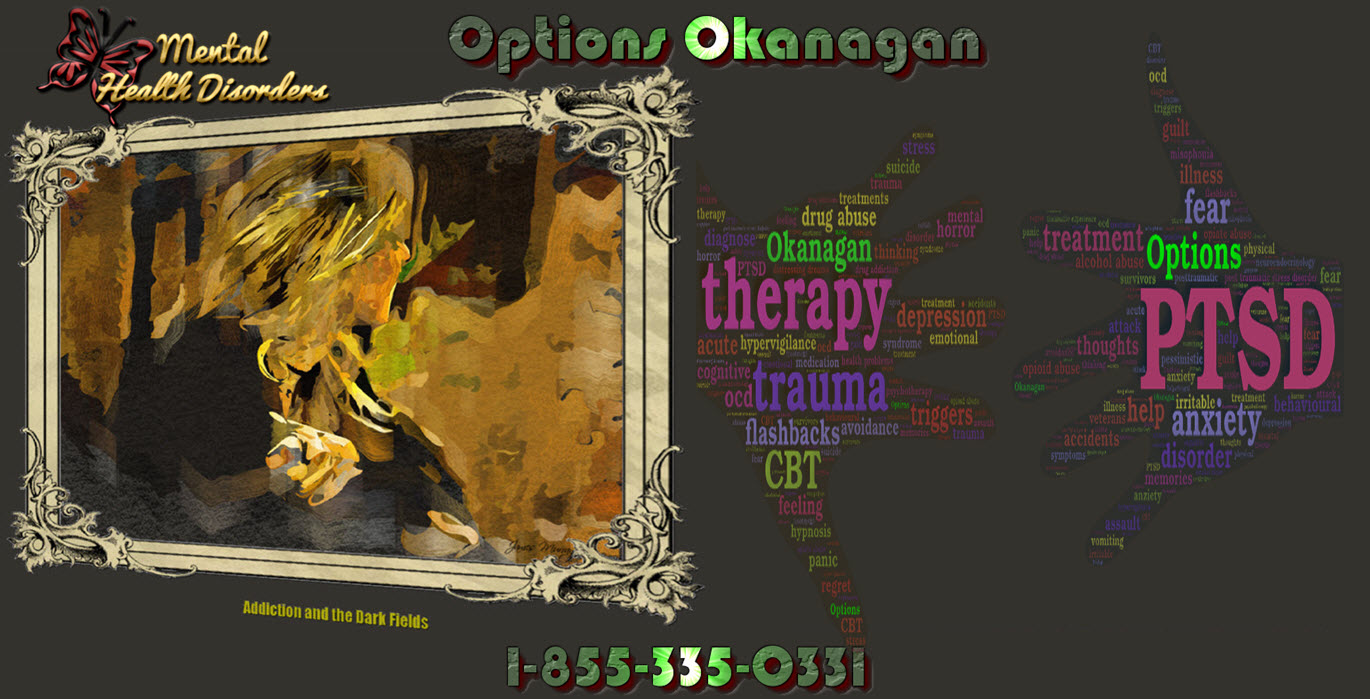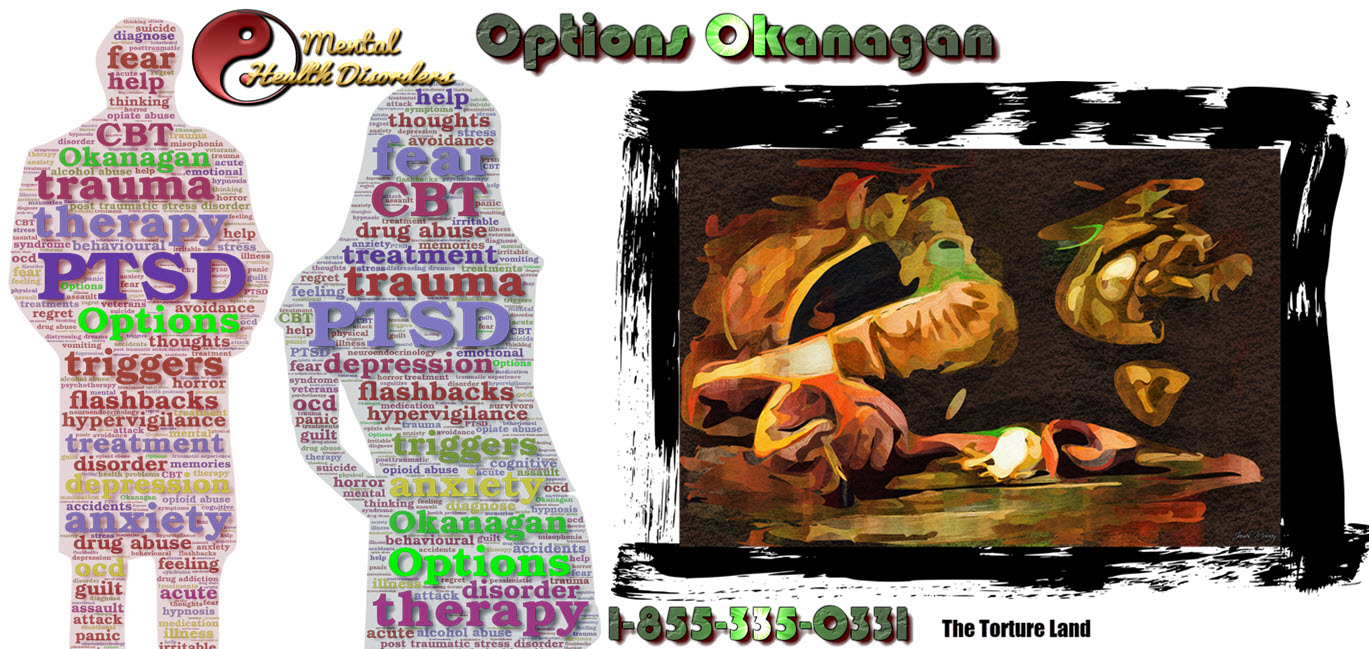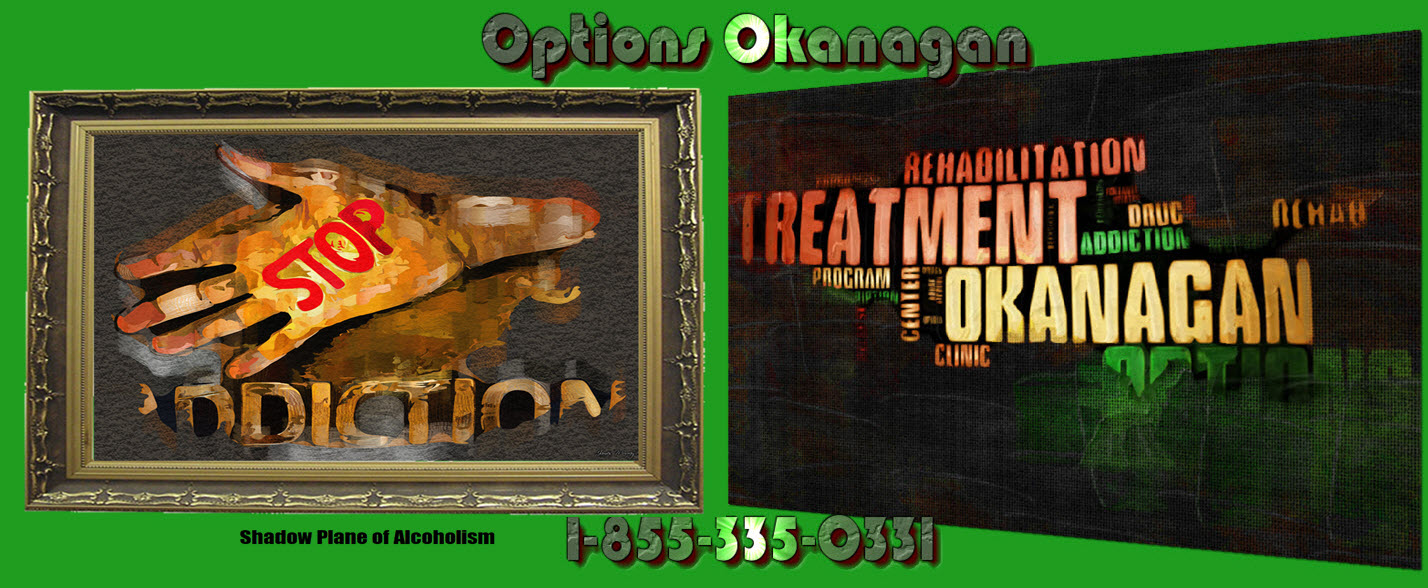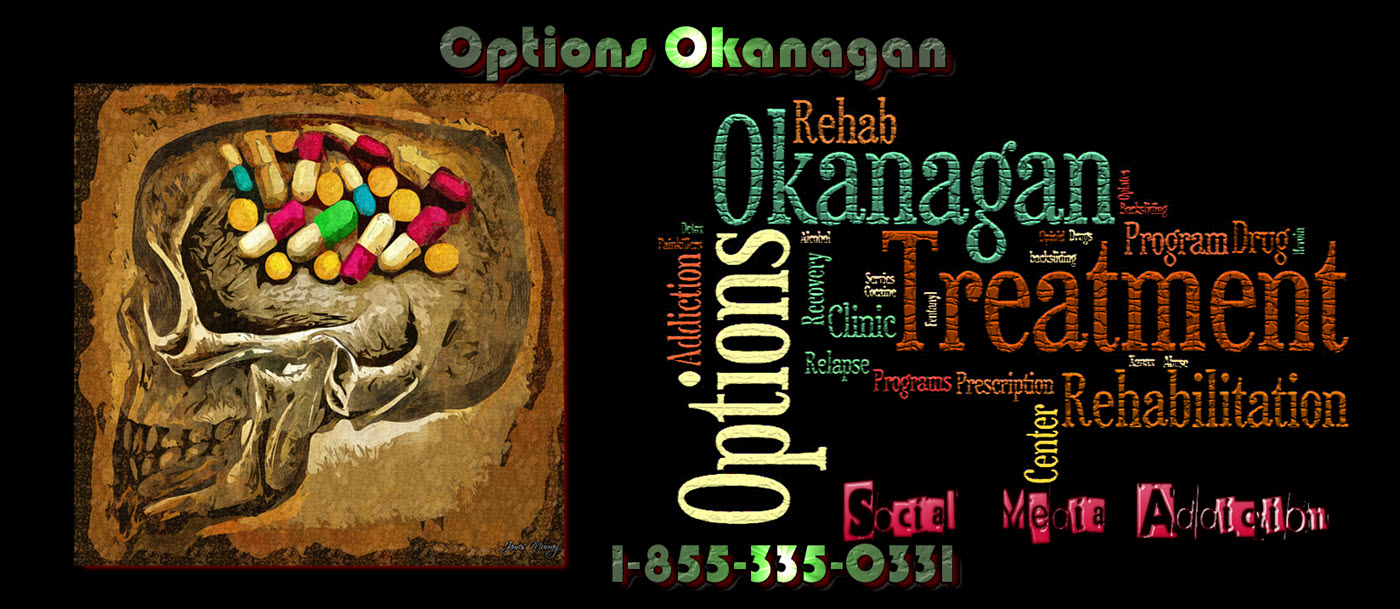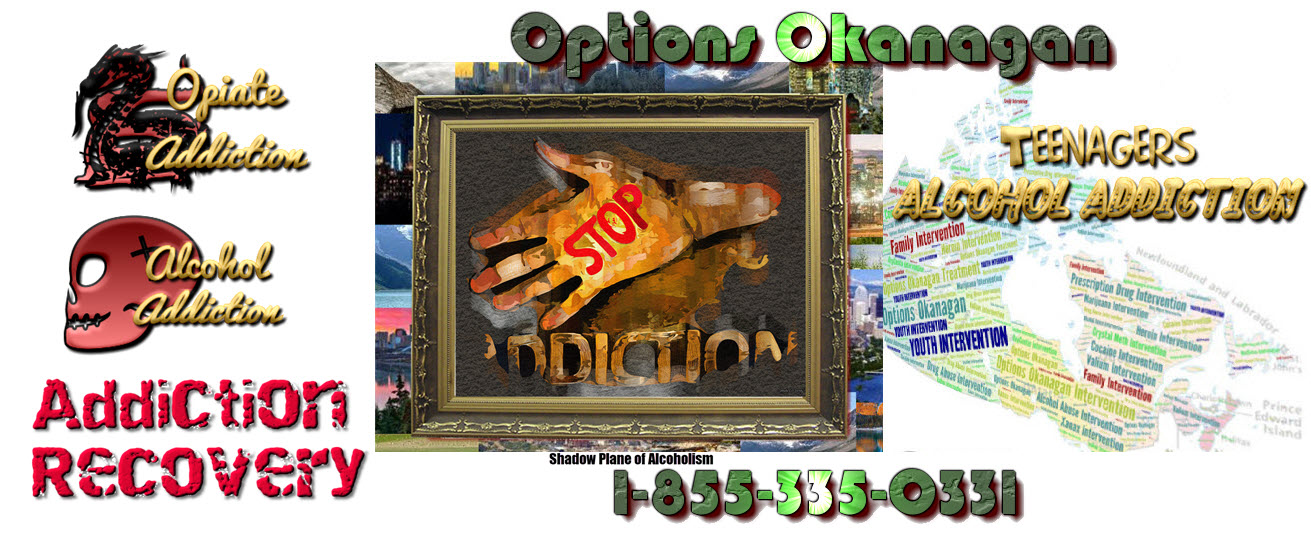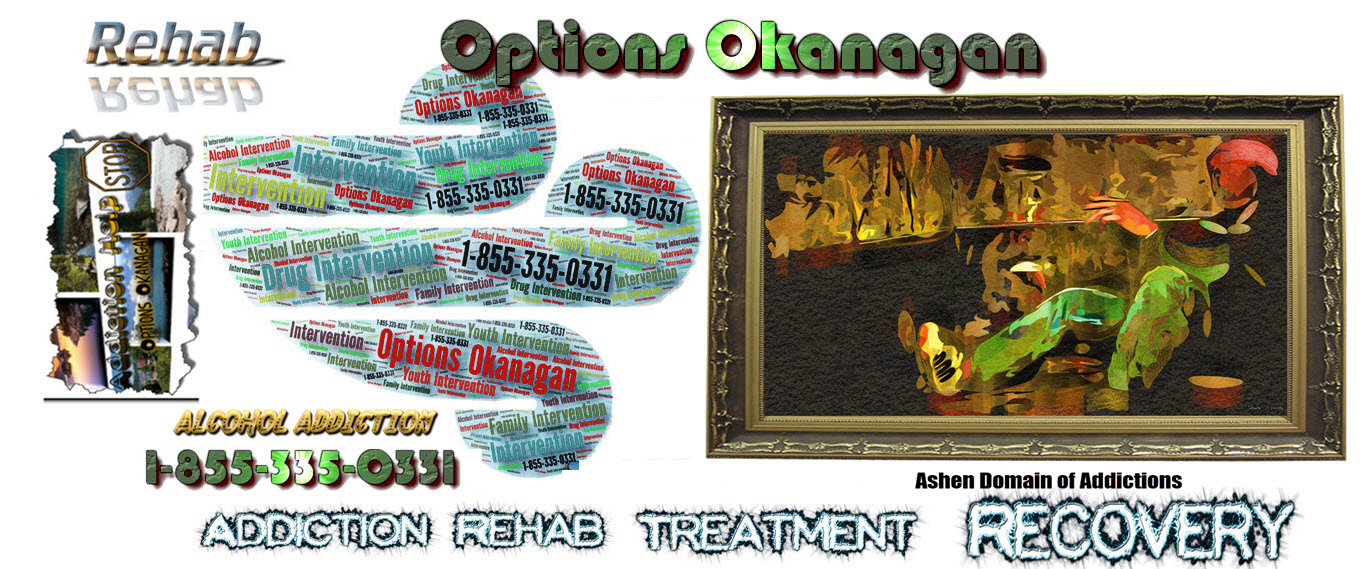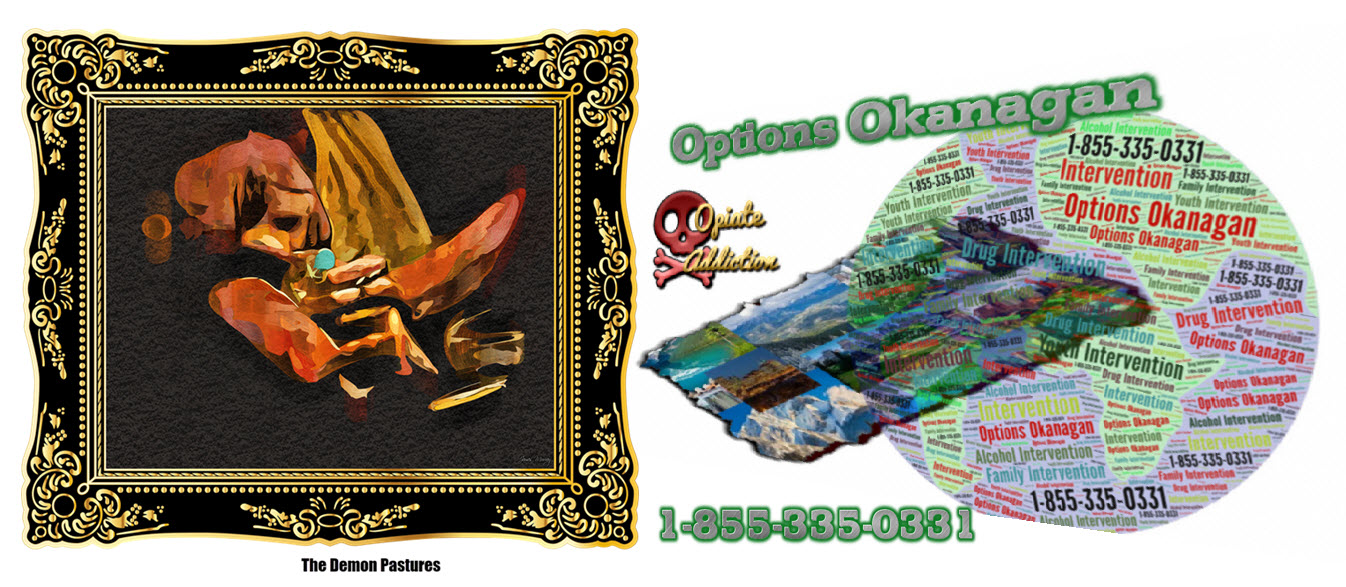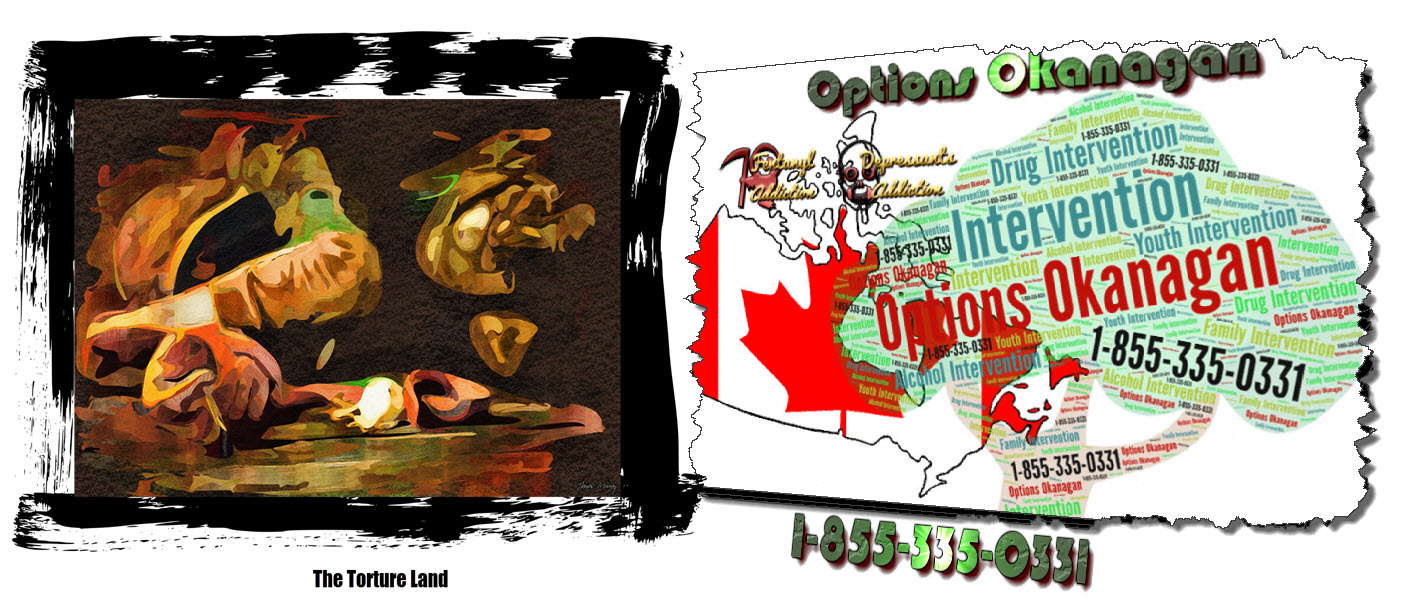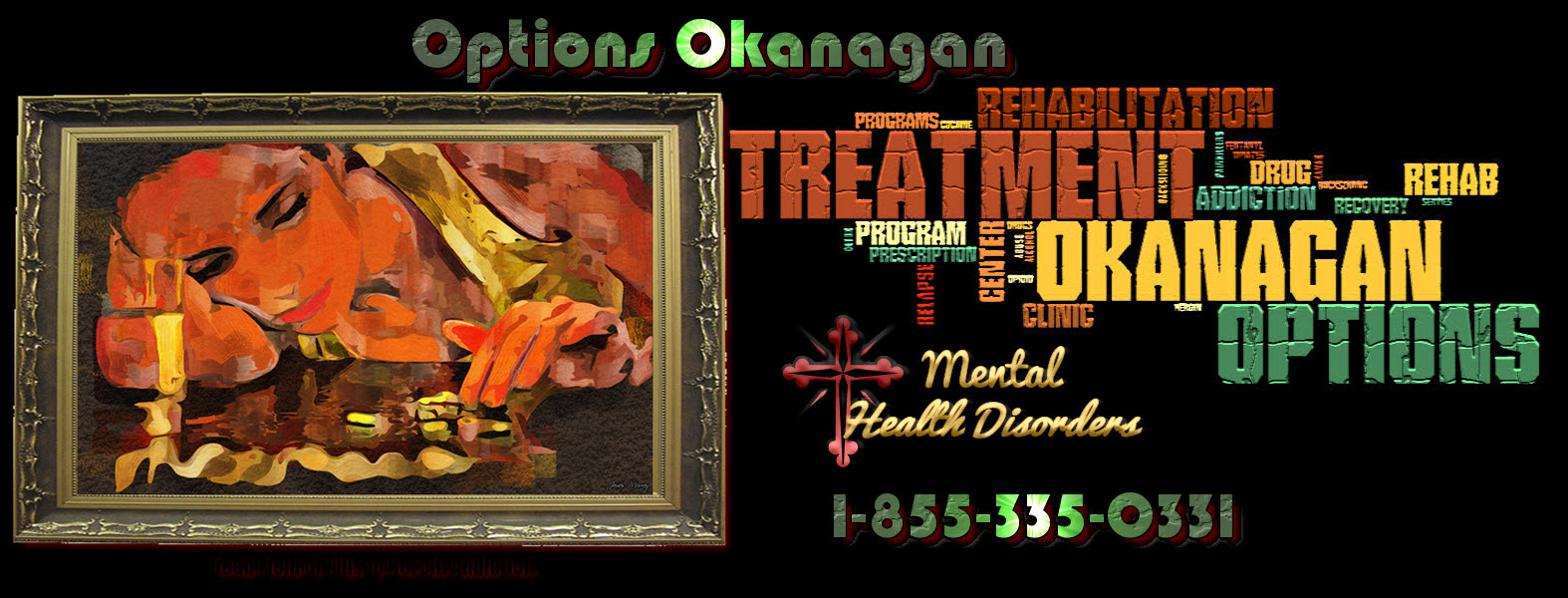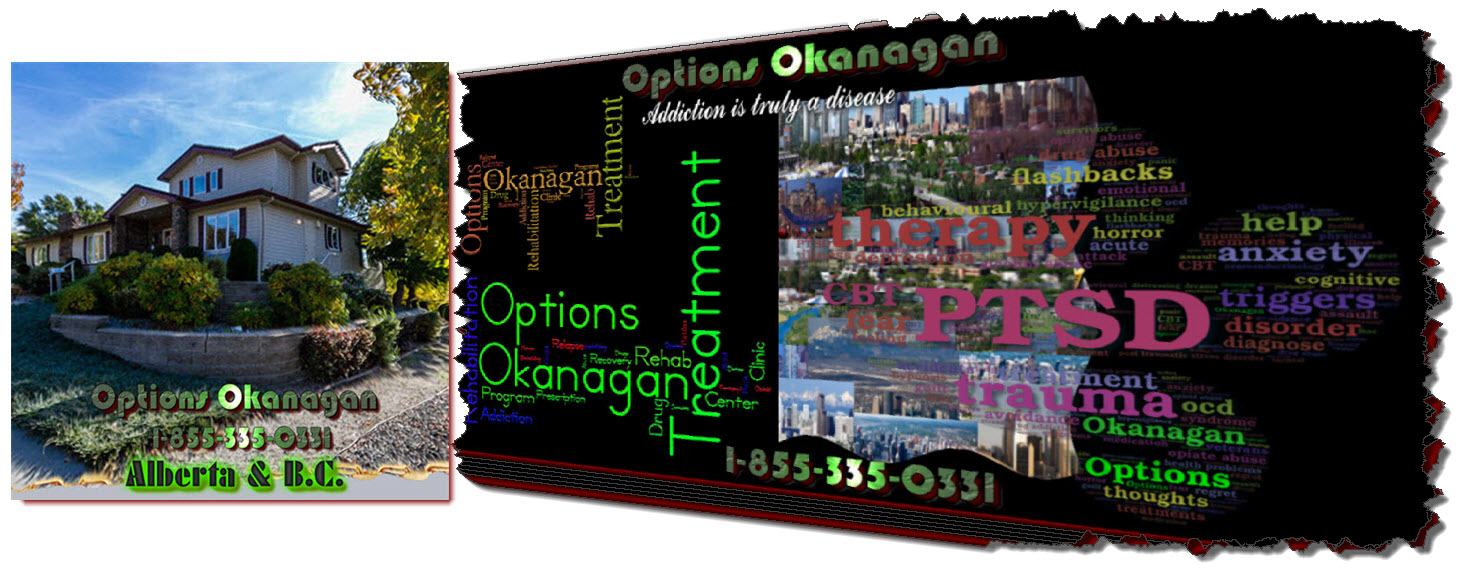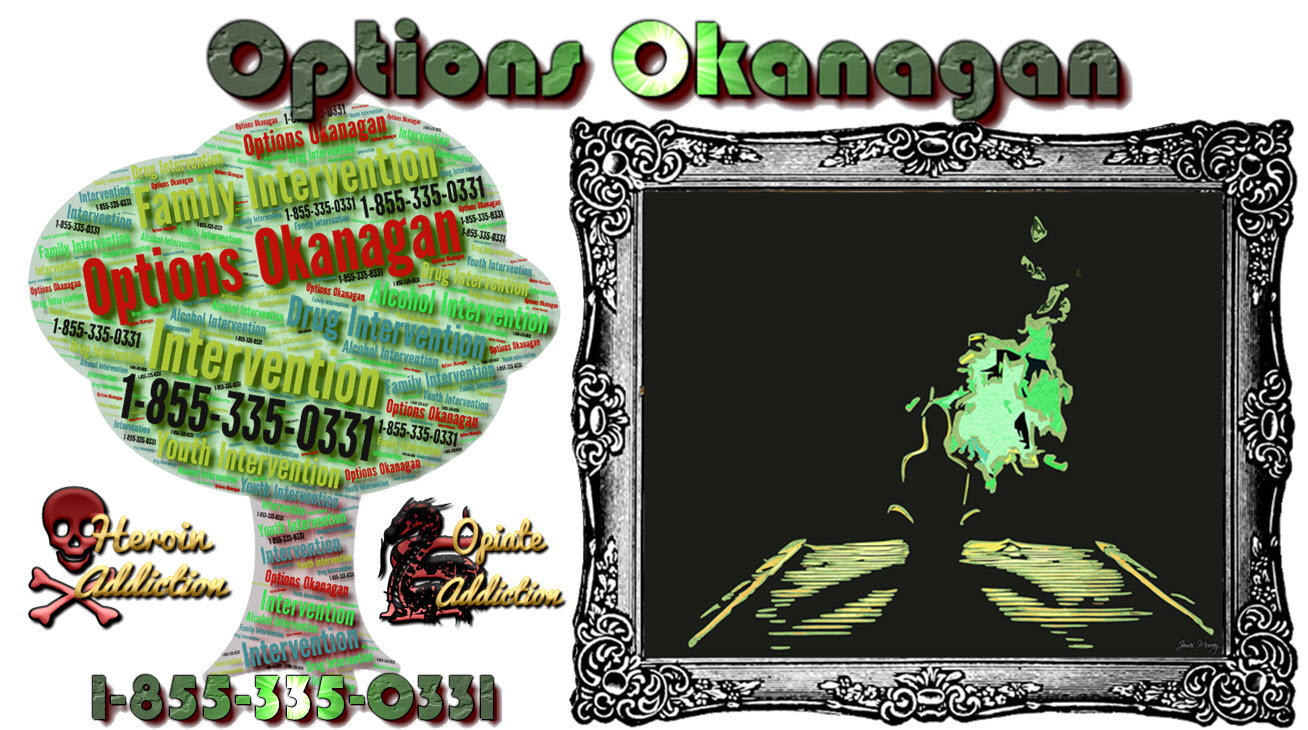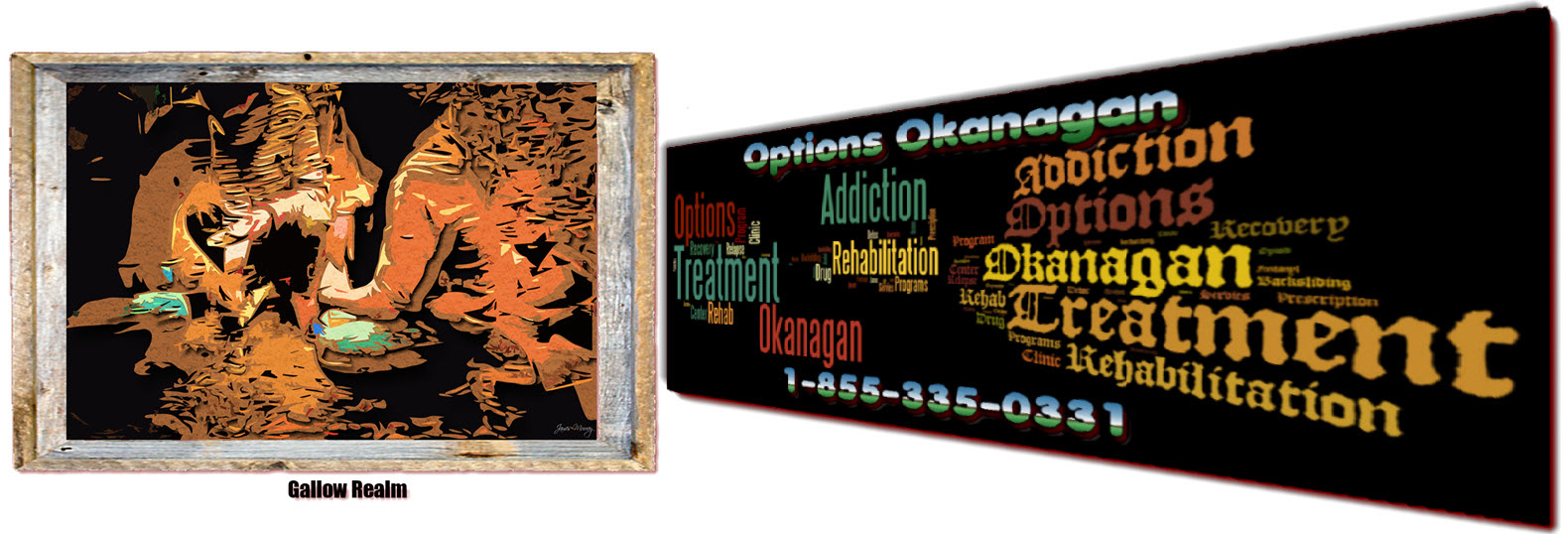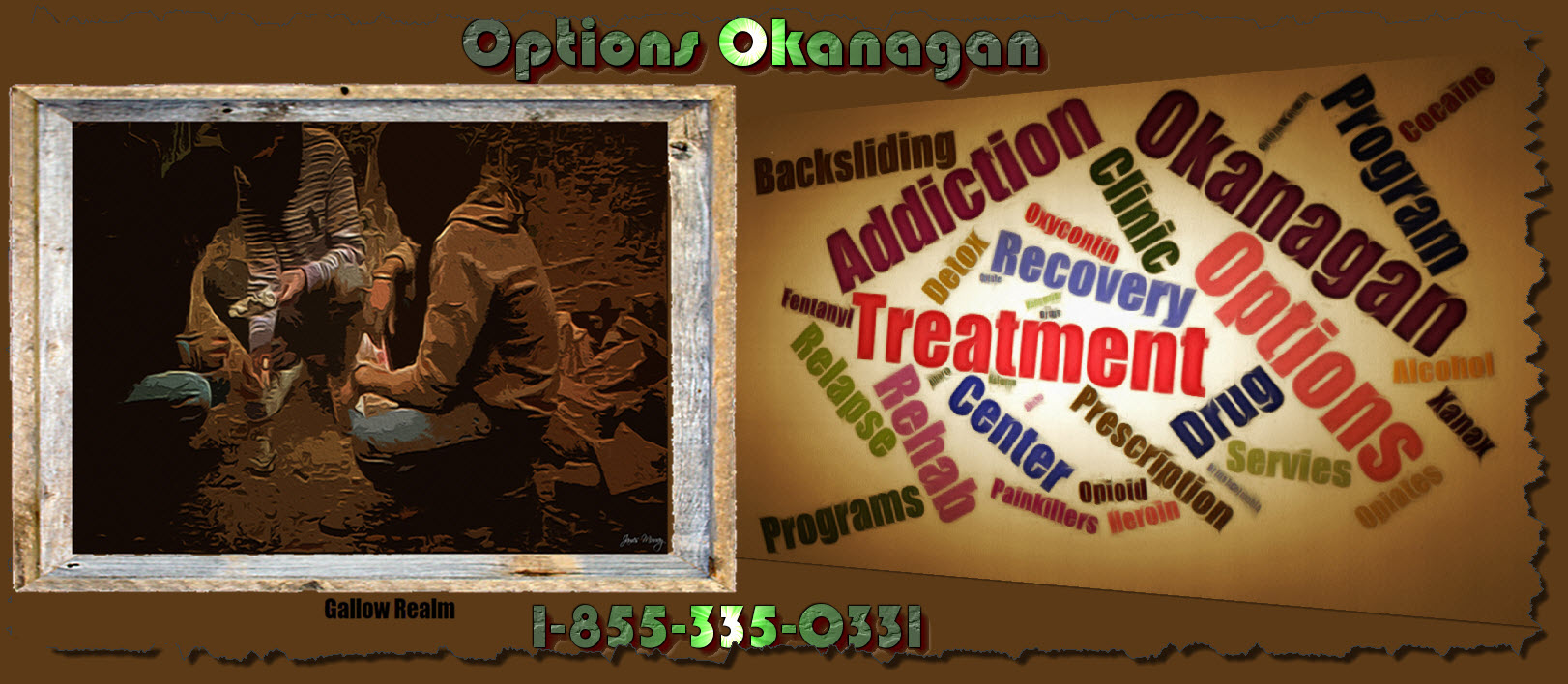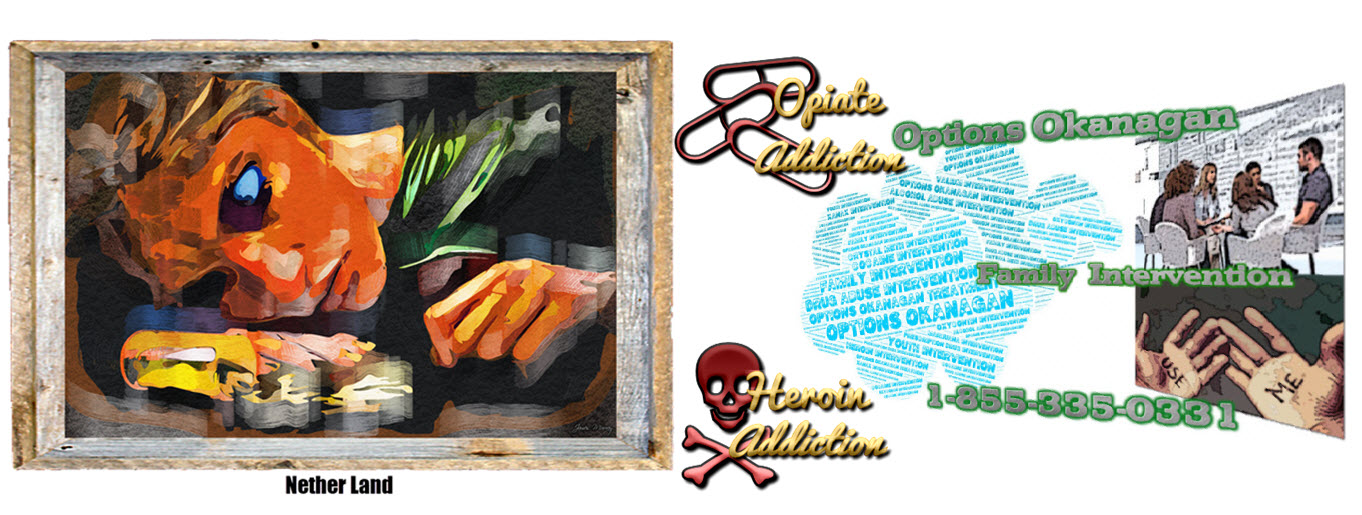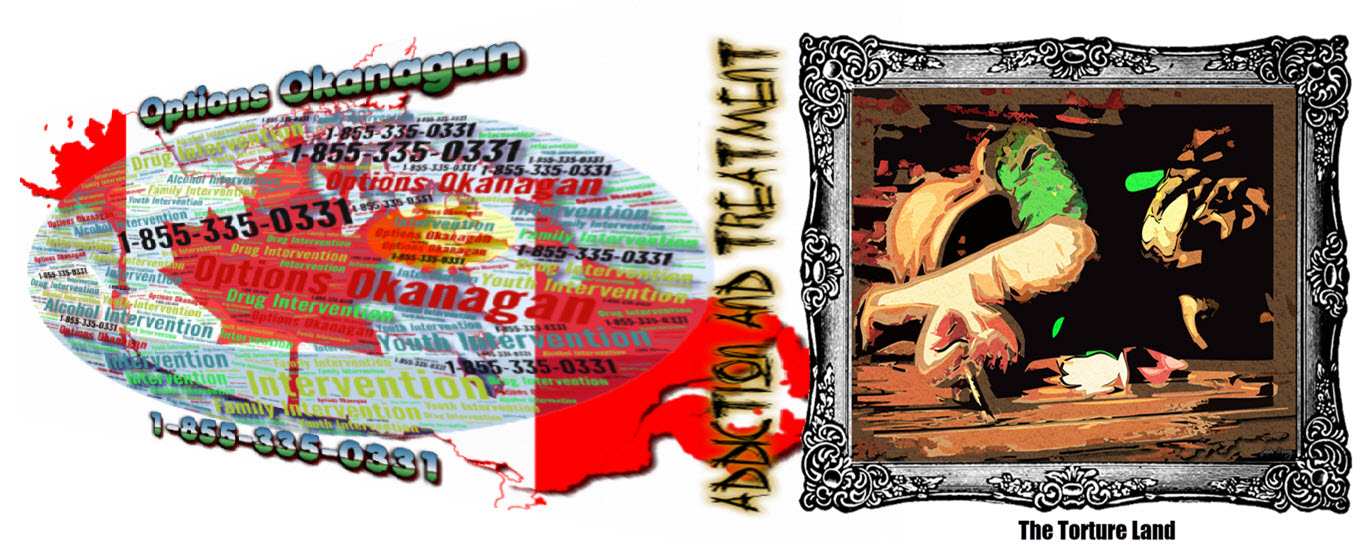Teen alcohol and drug addiction in Alberta and BC – Prescription drugs and addiction – Opiate and prescription drug intervention in British Columbia and Alberta – Options Treatment Center in Kelowna, British Columbia treating prescription drug, opiate, fentanyl, heroin and alcohol addiction and recovery.
Prescription Drug Rehabs In Alberta And BC
Addiction is a real and very worrying problem when it affects teens. Today children are exposed to drugs earlier than before. Sometimes this is because drugs like marijuana or alcohol are used in their own family.
Because drugs are so affordable, preventing teenagers from becoming addicted can be difficult.
Marijuana and alcohol are the most popular drugs among teenagers, as are heroin and methamphetamine. In many cases, teenagers use drugs to avoid all the problems they face in everyday life. They see it as an escape, even if only temporarily. Teenagers believe that even the smallest problems are the worst in the world. Therefore, they are more likely to use drugs than adults. Even though drug use began as an escape, they eventually became addicted.
Most importantly, if you suspect that a teenager in your family may be addicted to drugs, the fact that honest communication is the key to helping them. Anger may be the first emotion you experience, but when you show it, it can make them less likely to accept whatever you say.
Stay calm and take time to sit down and have an in-depth conversation about addiction and its effects on teenage life. Discuss physical problems such as heart problems, paranoia, lethargy, and insomnia. Show them before and after photos of people turning their lives upside down after drug addiction. Information like this is easily accessible. A simple web search can reveal several sources.
Learn more about drug use and addiction. Present this information to the teenager in a way they can identify with. Focus on seeing things from their point of view. Encourage them to share their thoughts and why they were initially attracted to drugs.
The next step is to seek counseling for the teenager. Contact a local mental health facility to find out the types of services offered. It is helpful for teens to be able to talk to others in their age group. Try to find counselors and therapy sessions in the area. You may consider starting your own if none are available.
You shouldn’t ignore a teen’s drug addiction and let it go away on its own. Our children cannot be our future if we don’t do our best to care for them. First of all, we need to deal with drug addiction and not close our eyes as if it’s not happening. Talk to the teenager and listen to what they have to say. Get the help you need too. They got it; the whole family does too.
Options Okanagan Opiate and Alcohol Treatment Centers in Kelowna, Salmon Arm and Vancouver, British Columbia – Men and Women are recovering and healing from Alcohol and Drug Abuse at our treatment center here in the Okanagan right now.
Our unique and distinctive Opiate Drug and Alcohol treatment program allows men and women to come in from Calgary as well as Edmonton as we offer airport pickup.
Numerous clients come to us from Vancouver, Calgary, and Edmonton and other locations in Alberta and even other provinces for Opiate addiction treatment, heroin drug treatment, many other drugs, and alcohol addictions for rehabilitation because of the uniqueness of our treatment center.
Our (Kelowna) Alcohol and Drug Treatment Program Location:
(Not Mailing Address) – Contact Us – Web Page
For Mail Delivery :: Please contact each center for correct mailing addresses, also this location is the location of our residential treatment programs in Kelowna. Please call Toll Free 1-855-335-0331 – to contact the treatment center you are going to for the address and directions.
Options Okanagan Drug and Opiate Treatment Center
551 Sherrydale Crescent, Kelowna, British Columbia, V1V 2E6
Toll-Free Phone Number: 1-855-335-0331

